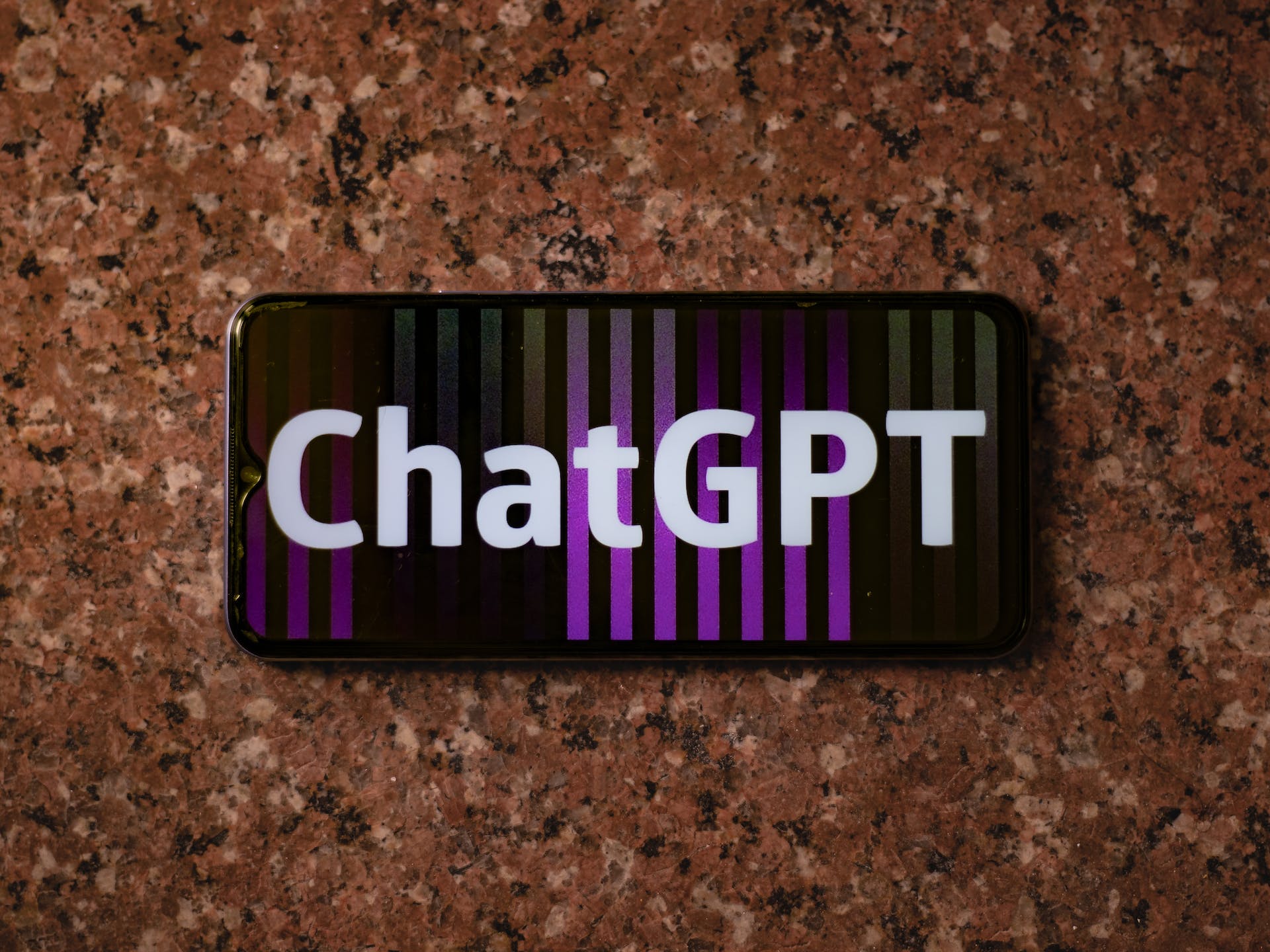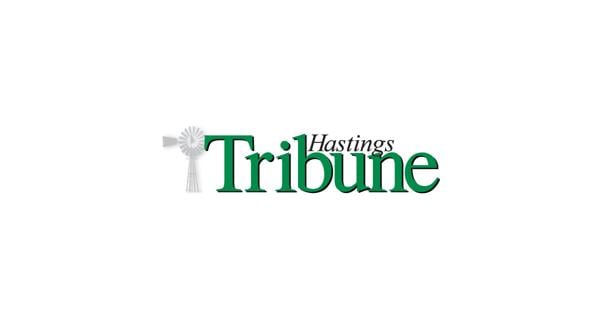Effective October 29, 2023, ChatGPT has implemented significant changes to its operational guidelines, no longer providing specific medical, legal, or financial advice. This shift comes as a response to growing liability risks and regulatory pressures faced by technology companies. According to NEXTA, the AI model will now be classified solely as an “educational tool,” distancing itself from its previous role as a source of direct consultation.
The new guidelines state that ChatGPT will limit its responses to explaining general principles and mechanisms, advising users to consult qualified professionals for specific issues. As the technology evolves, these restrictions highlight a critical reality: while ChatGPT can generate information confidently, it may often produce inaccuracies, particularly in high-stakes situations.
Implications of the New Rules
ChatGPT’s new directives explicitly prohibit it from providing direct guidance on sensitive topics. This includes naming medications, offering dosage recommendations, drafting legal documents, or giving investment advice. The rationale behind this clampdown is rooted in the potential for misinformation to lead to serious consequences, especially when users rely on the AI for health-related queries or legal issues.
For instance, if a user inputs a symptom such as “I have a lump on my chest,” ChatGPT might suggest serious conditions without the context of a medical examination. In reality, the lump could be benign, such as a lipoma. Such scenarios underscore the necessity for users to seek guidance from licensed professionals who can provide accurate diagnoses and treatment options.
Moreover, the limitations extend to financial advice. While ChatGPT can explain concepts like exchange-traded funds (ETFs), it lacks knowledge of individual users’ financial situations, such as their debt-to-income ratios or investment goals. Relying on an AI for financial advice poses risks, including potential legal repercussions from incorrect recommendations.
Risks of Using ChatGPT in Critical Situations
Users should also be cautious about the data they share with ChatGPT. Sensitive information, such as Social Security numbers or financial details, may inadvertently become part of the AI’s training data. This raises concerns about privacy and data security, particularly in situations involving confidential documents.
Additionally, ChatGPT is ill-equipped to handle emergencies. For example, if a carbon monoxide alarm activates, users should prioritize safety and evacuate rather than consult the AI. It cannot provide real-time assistance or replace the need for emergency services.
The ethical considerations surrounding the use of AI in education and creativity also merit attention. While some may utilize ChatGPT for assistance with schoolwork, doing so risks academic integrity. Detectors like Turnitin are continuously improving, making it easier for educators to identify AI-generated content. Users should approach ChatGPT as a supplemental resource rather than a substitute for genuine learning.
In the realm of artistry, opinions vary on whether AI should be employed in creative processes. While it can serve as a brainstorming tool, using it to produce artwork intended to be passed off as original is contentious and raises ethical dilemmas.
The changes to ChatGPT’s operational guidelines represent more than a mere update; they reflect an acknowledgment of the technology’s limitations and the risks associated with its misuse. With legal and regulatory pressures mounting, Big Tech has shifted the AI model from a potential advisor to a basic educational tool. The key takeaway is that while ChatGPT can serve as a valuable assistant for information and guidance, it should not be relied upon as a substitute for professional expertise.







